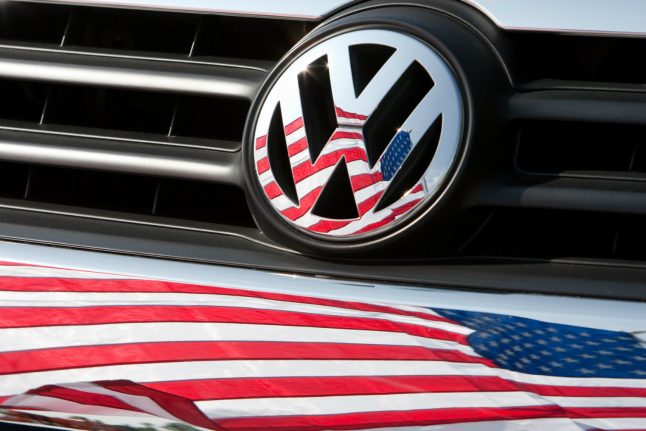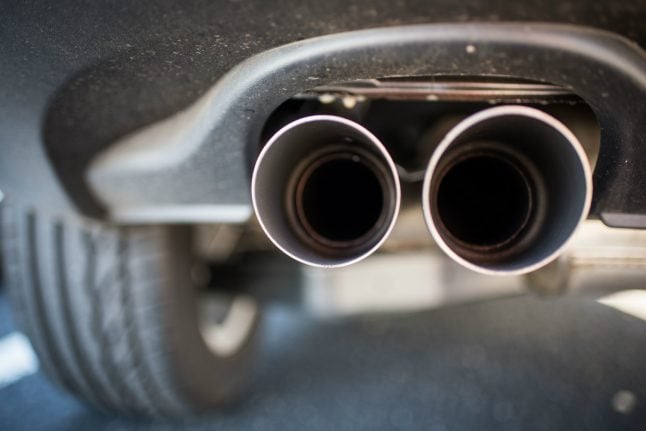VW
US judge ‘optimistic’ for deal in VW case
A US federal judge overseeing the Volkswagen emissions scandal said Friday he is optimistic about reaching an agreement for the last 80,000 vehicles affected in the United States.
Published: 17 December 2016 10:29 CET

Photo: DPA
A new hearing has been set for Monday to review the German automaker's proposals.
“I'm pleased to report that there has been substantial progress and I'm optimistic that there will be a resolution of this matter,” San Francisco judge Charles Breyer said during a brief hearing, without giving further details.
At the end of October, the US court endorsed a record-setting $15 billion compensation deal that covered the approximately 480,000 2.0-liter Volkswagen diesel cars equipped with software designed to defeat emissions tests.
But that agreement did not apply to the 80,000 3.0-liter engine models on the roads in the United States, and for several months, the company has been negotiating with the US authorities to reach an acceptable compensation agreement for these car owners.
Initial proposals in July were deemed incomplete and considerably flawed by US authorities, who called for the same type of agreement given to other owners, including the choice between buyback and repair.
Any agreements reached in the United States only regulate the civil aspects of the emissions cheating case.
Whatever the outcome of Monday's hearing, the German automaker will continue to be prosecuted while also facing a cascade of inquiries at home as well as in the rest of the world, especially in Europe.
The scandal first broke in September 2015 in the United States. In total, Volkswagen confessed to having rigged 11 million cars around the globe.
Url copied to clipboard!




 Please whitelist us to continue reading.
Please whitelist us to continue reading.